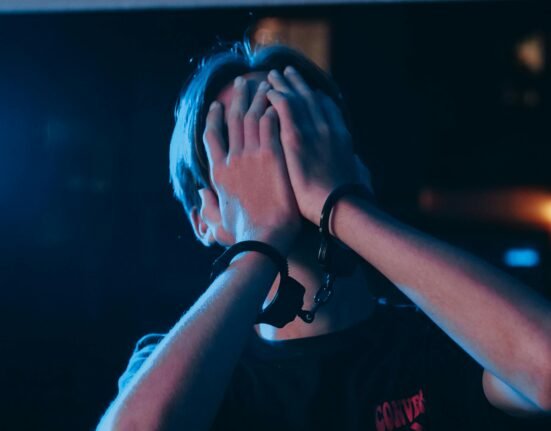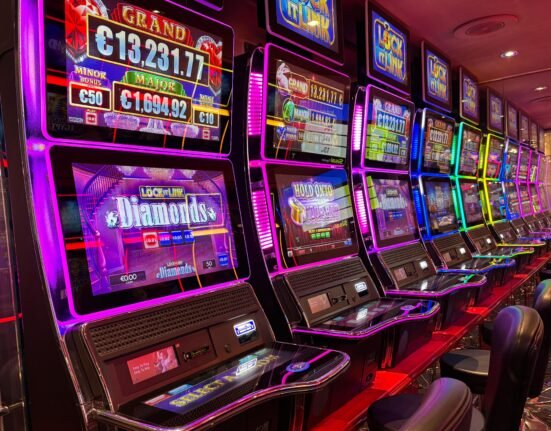Authorities, regulators and tech giants move in on unregulated gambling content
Meta Acts Swiftly on Government Request
Meta has taken down 20 Facebook pages belonging to popular Filipino influencers alleged to have promoted illegal online gambling platforms. The action follows a formal complaint filed jointly by Digital Pinoys and the Cybercrime Investigation and Coordinating Center (CICC).
High-profile names like Sachzna Laparan (9.7M followers), Boy Tapang (5.5M), Kuya Lex TV, and Mark Anthony Fernandez were among those whose pages were deleted. Meta’s takedowns signal a clear shift in platform accountability, as it begins cooperating with local authorities to tackle online content linked to unlicensed gambling promotions.
Digital Pinoys’ national campaigner Ronald Gustilo commended Meta’s cooperation and emphasized that this is just the first wave. “Meta’s swift response shows that enforcement isn’t just lip service. Influencers can no longer claim ignorance or impunity,” he said.
Show Cause Orders and Criminal Consequences for Non-Compliant Influencers
The CICC has begun issuing show cause orders to other influencers suspected of non-compliance, demanding they justify their actions or face potential criminal prosecution. This escalates the country’s growing crackdown on the digital promotion of illegal gambling, particularly those that target younger or vulnerable users through influencer endorsements.
Many of the affected influencers allegedly received payments or endorsements to advertise offshore or unlicensed platforms through live streams, video content, and social media posts—content that often evaded traditional regulatory oversight.
PAGCOR Targets Offline Advertising Channels Too
The Philippine Amusement and Gaming Corporation (PAGCOR) has joined the enforcement drive, ordering the removal of gambling advertisements from public transportation systems—including buses, jeepneys, taxis, and trains—by 15 August 2025. The move aligns with PAGCOR’s commitment to ensure that gambling advertisements remain within legally approved and regulated spaces, and not in high-visibility, high-traffic areas accessible to minors.
While PAGCOR has stopped short of endorsing a full ban on online gambling, it supports tightened advertising restrictions and responsible gambling frameworks to mitigate rising addiction rates and illegal activity.
A Broader Push for Ethical Promotion and Regulation
This multi-pronged effort signals a broader shift in the Philippines’ approach to digital content accountability and online consumer protection. While lawmakers debate potential total bans on online gambling, regulatory bodies and tech platforms are leaning toward a regulate-and-restrict model, which seeks to balance economic interests with public safety.
The crackdown also highlights a growing trend globally—holding influencers accountable for the products and platforms they promote, especially when linked to vice industries. As the online environment evolves, so too must enforcement mechanisms, combining regulatory action, platform policy enforcement, and criminal accountability to protect public welfare.
Conclusion: Social Influence Comes with Legal Responsibility
The removal of gambling-promoting influencer pages by Meta is a wake-up call to content creators: online fame does not exempt one from the law. In an era where followers translate to influence, the Philippine government is making it clear that responsibility must match reach. As investigations continue, more names could follow—making this a critical test of how seriously social platforms and influencers take their role in upholding digital integrity.























